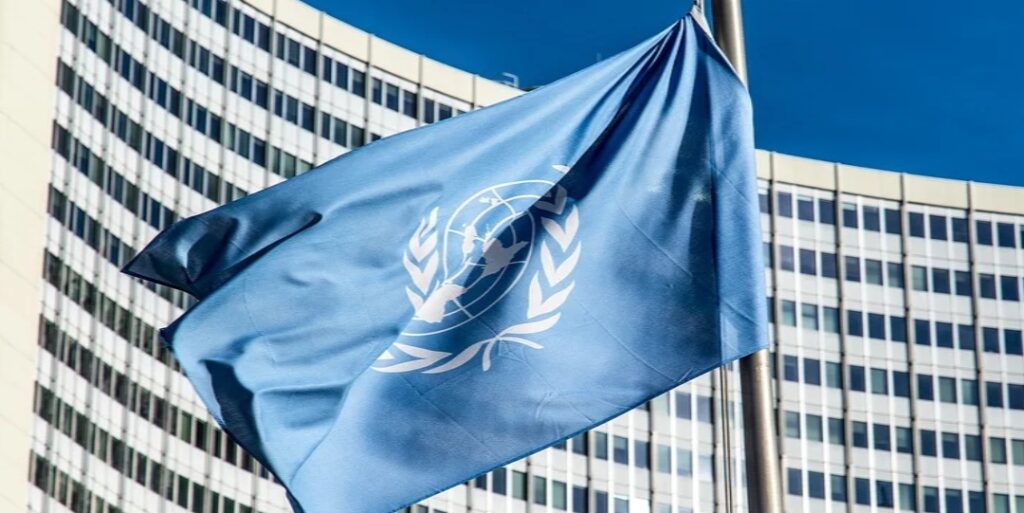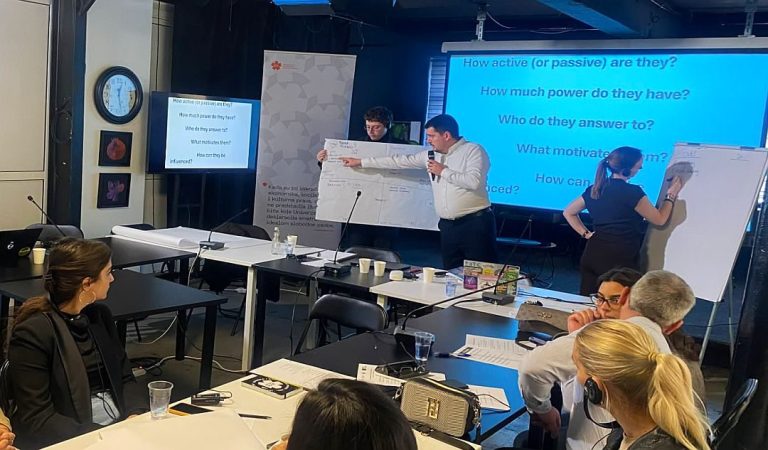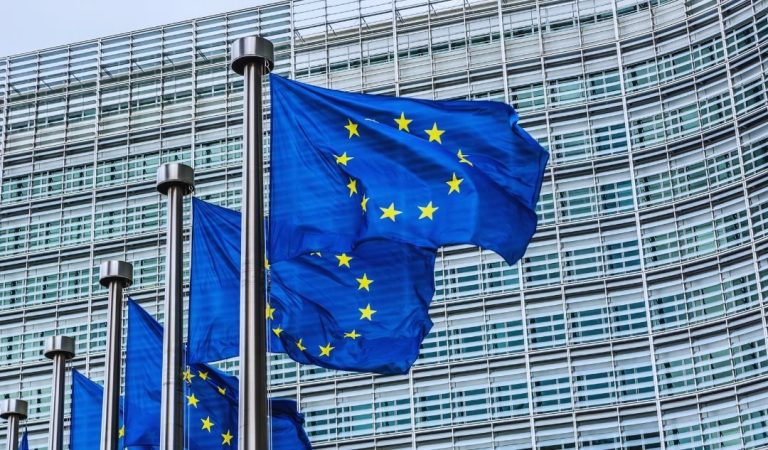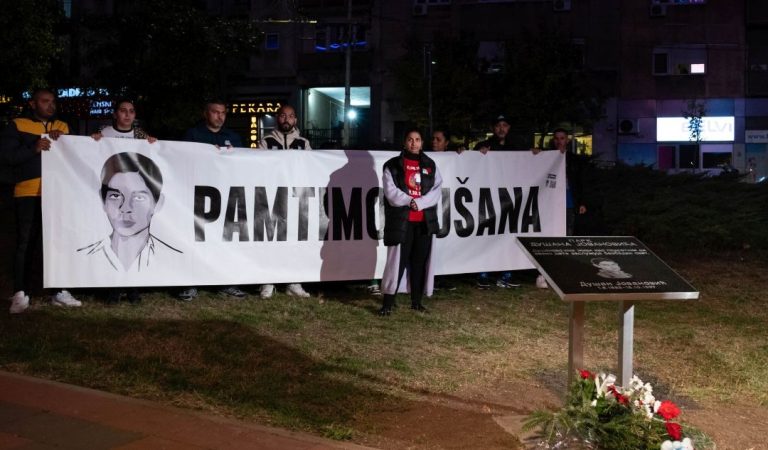A three-day session of the UN Committee on Economic, Social and Cultural Rights begins today, at which the delegation of the state of Serbia will be heard and comments on the Third Report of Serbia on the implementation of the Pact on Economic, Social and Cultural Rights. A group of non-governmental organizations prepared and submitted alternative reports to the Committee.
Belgrade, February 21, 2022 – In the last eight years, Serbia has increased budget allocations for defense, army and police, and reduced state investments in health, education and social protection. The share of gross domestic product (GDP) for education and social protection is lower than before, and investments in health care have been two decades lower than in the countries of Eastern and Central Europe.
The social protection system has survived the biggest blow, ie the poorest citizens, because in addition to reducing state allocations, the state transferred the budget intended for social protection – to the budget for defense and the army.
Are any of these data going to be heard at today’s session of the UN Committee on Economic, Social and Cultural Rights?
Today’s session of the Committee is important for the citizens because the delegation of the state of Serbia will be answering questions of the members of the Committee on the degree of respect of economic, social and cultural rigths of the citizens of Serbia.
The above mentioned data are part of the Report made by A 11 – Initiative for Economic and Social Rights together with the New Tork Center for Economic and Social Rights (CESR) and which contains an analysis of the distribution and spending of budget funds since 2014, ie since the introduction of austerity measures by the Government of Serbia. The aim of the Report is to show how, due to these measures, our rights to health, education, social protection, the right to work, fair wages and other rights from this corpus of human rights have been curtailed. The Report of A 11 Initiative and CESR is a part of a group of alternative reports that numerous civil society organizations forwarded to the UN Committee, before today’s session, in order to contribute to a more realistic view of the state of social and economic rights in the country.
What does the Report of Initiative A 11 and CESR show?
Eight years of austerity measures have hit the poorest citizens the hardest, primarily those who are beneficiaries of social protection measures.
The number of people living in absolute poverty is about 470.000 (6.8%) and that number has not changed for almost ten years. About 1.5 million people live at risk of poverty. The share of GDP for social protection decreased by almost half a percent in eight years, and the number of users of social welfare centers (SWC) increased by about 50.000 in the same period. The number of permanent employees in SWC decreased by almost 20 percent despite the fact that the number of users is increasing.
In 2016, 14 million euros were transferred from the budget for social protection through the budget reserve to the Ministry of Defense and the Serbian Army. Two years later, another 183 million euros were transferred from the budget to the Ministry of Defense by a similar mechanism, and that transaction was marked as a state secret.
„Why are defense and the army empowered at the expense of the poorest citizens? A state that distributes public funds in this way cannot be called a socially righteous state“, says Danilo Ćurčić from Initiative A 11.
Both education and health, the two sectors in which we exercise some of the most important social rights – the right to health and the right to education – have also been hit hard by the austerity measures and questionable budget policies. In eight years, investments in education fell (4.74 percent of GDP in 2014 and 4.08 percent in 2020). In order for our health care to be at the level of health care in Eastern and Central Europe, it is necessary for the state to invest about 0.5 percent of the GDP share, we have been investing 0.3 – 0.4 percent for years. According to the report of the Fiscal Council, we withdrew funds for the reconstruction of all four clinical centers in 2006, from the European Investment Bank, so far only CC in Nis has been reconstructed – this is the 16th year that this process has lasted.
The state is paying fines and penalties for lost court and arbitration proceedings. In ten years, Serbia has spent one billion euros on fines and penalties, and in 2020 alone, that amount was around 200 million euros!
„We are a country that has not reduced the number of poor people for ten years, and has no strategy to fight poverty, and we are also a country that has abolished the Team for the Suppression of Poverty and Social Inclusion. Does that mean that there are no poor people for our country??“, adds Ćurčić.
Initiative A 11 and other civil society organizations had an insight into the state report on the state of economic and social rights of Serbian citizens, and during these three days, we will monitor the session and the reporting of the state delegation together. At the beginning of March, the Committee will give its opinion and issue new recommendations to the state of Serbia for the improvement of the social and economic rights of citizens.
In the coming days and weeks, Initiative A 11 will certainly inform the public about the course of the session and the Committee’s recommendations.
In this reporting cycle, Initiative A 11, together with other civil society organizations, participated in the preparation and submission of a total of three alternative reports and they can be found here, here and here.



